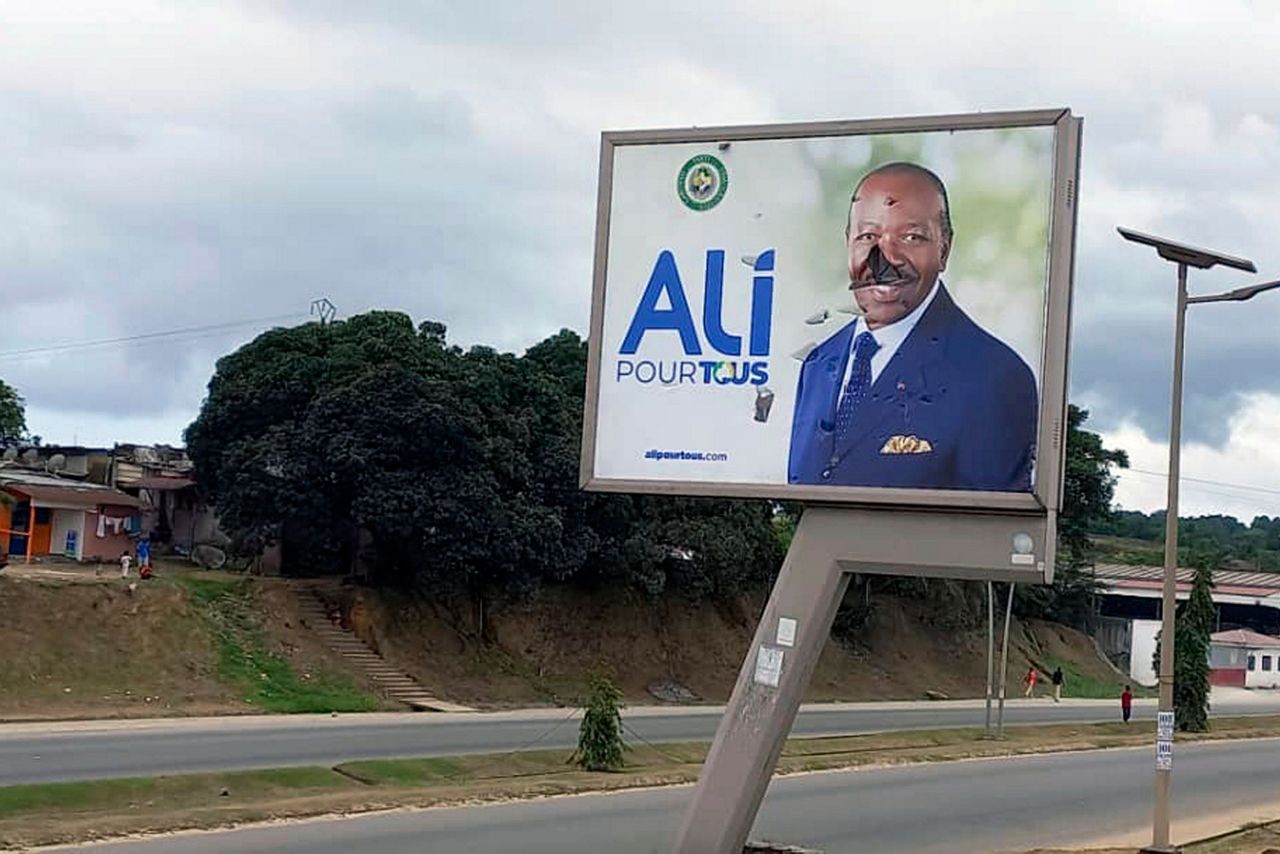DAKAR, Senegal (AP) — Gabon’s opposition leader accused the family of the recently ousted president of engineering his removal from power in order to retain their control in the oil-rich Central African nation, and said Friday that he should have won last week's presidential election.
Albert Ondo Ossa told The Associated Press on Friday that the junta who ousted Gabon’s president on Wednesday, just after he had been declared the winner in the election, did not engage in a coup but rather a “palace revolution” in order to continue his family’s reign.
Soldiers toppled President Ali Bongo Ondimba and put him under house arrest, accusing him of irresponsible governance that risked leading the country into chaos. They then put Bongo’s cousin, Gen. Brice Clotaire Oligui Nguema, head of the elite republican guard, in charge.
Oligui is expected to be sworn into office on Monday before the constitutional court.
Ossa lost the Aug. 26 presidential election to Bongo by more than 30 percentage points. The vote was widely criticized by locals and the international community for irregularities and a lack of transparency.
“This is a family issue ... They think that Bongo is sick and fragile, so, another Bongo has to take over," Ossa told the AP by phone. Ossa condemned the coup and called for the return of constitutional order and said the results from last month's election must be recounted and that he should “be declared winner."
Gabon’s coup is the eighth military takeover in Central and West Africa in three years and comes roughly a month after Niger’s democratically elected president was ousted. Unlike Niger and neighboring Burkina Faso and Mali, which have each had two coups apiece since 2020 and are being overrun by extremist violence, Gabon was seen as relatively stable.
However, Bongo’s family has been accused of endemic corruption and not letting the country’s oil wealth trickle down to the population of some 2 million people.
Bongo, 64, has served two terms since coming to power in 2009 after the death of his father, who ruled the country for 41 years, and there has been widespread discontent with his reign. Another group of mutinous soldiers attempted a coup in 2019 but was quickly overpowered.
The Bongo dynasty and those associated with it through family ties have permeated state institutions and key economic activities, and it will be extremely difficult to undercut their influence, said Maja Bovcon, senior Africa analyst at risk intelligence company Verisk Maplecroft.
“It is a question of whether the coup indeed ended the Bongo family rule or if we are simply witnessing another power struggle between different factions within the family,” she said.
Bongo hasn't been heard from since a video message circulated hours after he was ousted Wednesday. In the video, he said he was being held in his residence in the capital, Libreville. He appealed to the international community and Gabonese citizens to “make noise."
Mark Pursey, the chief executive officer of BTP Advisers, a communications firm that helped the president with polling before the elections, said after the video came out that people's phones in the residence where Bongo was being held were confiscated and that he hasn't been able to communicate since then.
Pursey called allegations that the Bongos were behind the coup “nonsense."
“It’s a ridiculous thing to say. Does anyone really believe that President Bongo would organize a coup against himself? I think Ossa in a few short sentences has demonstrated why he was not fit to hold the office of president himself,” he said.
Copyright 2023 The Associated Press. All rights reserved. This material may not be published, broadcast, rewritten or redistributed without permission.




